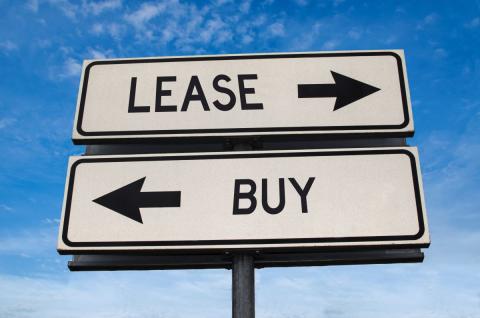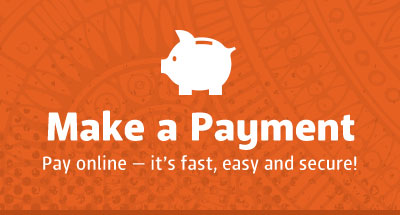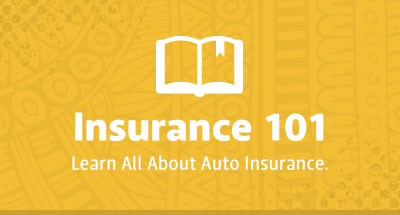Buying vs. Leasing a Car: Key Differences to Know

When it’s time to get a new ride, you may be focused on more than what type of car you want. You may also consider about how finding a new vehicle can impact your finances, auto insurance coverage needs, and even your driving habits. This may lead you to wonder, should I buy or lease a car?
Let’s discuss the pros and cons of leasing or buying a car and how Illinois Vehicle Insurance Agency, LLC (Illinois Vehicle) can help you find insurance that works for you.
Basics of buying and leasing
When it comes to getting a vehicle, the decision may be whether to buy vs lease a car, but what does that really mean? Buying a car typically means you either pay for the vehicle outright or finance it with a loan to eventually own it. Leasing, on the other hand, can be more like renting. With leasing, you typically will make monthly payments to use the selected car for a set period of time. The leased car usually has to be returned after the time limit is finished.
Choosing between the two options may involve considering the short-term or long-term costs of buying and leasing and understanding certain insurance requirements. Examining the pros and cons of both situations may help you figure out which option is best for you.
Pros and cons of buying a car
Choosing whether to finance or lease a car may come down to weighing the positives and negatives of each.
Some pros of buying a vehicle may include:
- Ownership confidence: Once you’ve paid off your loan, you can own your car outright.
- Unlimited mileage: Buying a car may mean driving your car near and far without mileage limits.
- Flexibility to sell or trade: Want a new car later? You may be able to sell it and purchase a different one.
- Lower long-term cost: Buying may lead to less costs overtime than leasing, especially if you keep your car after your loan is paid off.
- Personalization: Want to add new rims or a spoiler? When you buy a vehicle, you typically can modify it however you like.
- More choices: You can choose between buying a new or used vehicle, which may give you more flexibility based on your budget.
- Credit flexibility: Buying might offer more options for people with less-than-perfect credit.
Some cons of buying a vehicle may include:
- Higher upfront cost: You may expect to have to put down a bigger down payment compared to leasing.
- Higher monthly payments: Buying may mean higher monthly payments than leasing.
- Depreciation: Your car may lose value quickly, especially in the first few years.
- Maintenance responsibilities: After the warranty ends, your vehicle repairs typically will come out of your pocket.
Pros and cons of leasing a car
If you’re looking to lease instead of own, some pros of leasing a car may be:
- Lower monthly payments: Your monthly lease payments may cost less than monthly car payments for buying a vehicle.
- Newer vehicle: You may be able to lease a newer vehicle with the latest safety features, tech, and fuel efficiency.
- Factory warranty: A leased car may be covered by the manufacturer’s warranty, so major repairs may not come out of your wallet.
- Easy returns: Want something new? You may be able to return your car at the end of the lease and find a different car to drive.
Leasing a car may also have some drawbacks. These cons may include:
- Mileage limits: It’s typical that leases may cap mileage at 10,000 to 12,000 miles per year. If you go over your lease’s limit, you may have to pay extra.
- Higher long-term cost: Leasing repeatedly may cost more overall than owning a car.
- Full insurance required: It’s typical that a leasing company will need you to purchase a full coverage auto insurance policy (liability, collision, and comprehensive coverage) before driving. This may be more expensive than just having your state’s minimum required auto insurance on your policy.
- Credit requirement: Leasing may require you to have a high credit score to proceed.
Insurance considerations
Buying your own car outright may mean you can make your own decisions about your auto insurance. This can include how you tailor your insurance policy, since you may have more room to customize your coverage. If you live in Illinois, it’s required for you to have the state’s mandated liability and uninsured motorist property damage coverage (UMPD) on your policy, but you aren’t required to purchase additional coverage.
If you lease a vehicle, you’ll likely have to pay for more coverage, including collision and comprehensive coverage. This may mean higher monthly insurance payments for leasing, but you may benefit from a policy that can help cover a wider variety of accidents than only having minimum state liability.
Final checklist: should you lease or own?
Before you head to the dealership, you may want to ask yourself some questions:
- What’s my budget? Considering both long-term and short-term budgeting may help you decide whether to finance or lease.
- How long do I plan to keep the car? If you’re looking to keep your car for a short amount of time, leasing may be the way to go.
- What are my insurance options and rates? Understanding what you’re willing to pay for insurance may help you decide between leasing or buying.
- How much do I drive? If you’re commuting often or driving long distances, you may want to buy rather than lease.
Whether you go with purchasing or leasing a vehicle, insurance may be a crucial part in your driving journey. Talking to an experienced agent at Illinois Vehicle can help you find a policy that works for your budget.
Have questions about Illinois insurance requirements? Call Illinois Vehicle today at 1-630-581-4805. You can also visit one of our Chicagoland stores or head to our website for a free personalized insurance quote!
Disclaimer:
This material is for general informational purposes only. Products, services, and discounts referenced herein are not available in all states or in all companies. All statements are subject to the terms, exclusions, and conditions of the applicable policy. In all instances, current policy contract language prevails. Coverage is subject to individual policyholders meeting the insurer's underwriting qualifications and state availability. Other terms, conditions and exclusions may apply.






